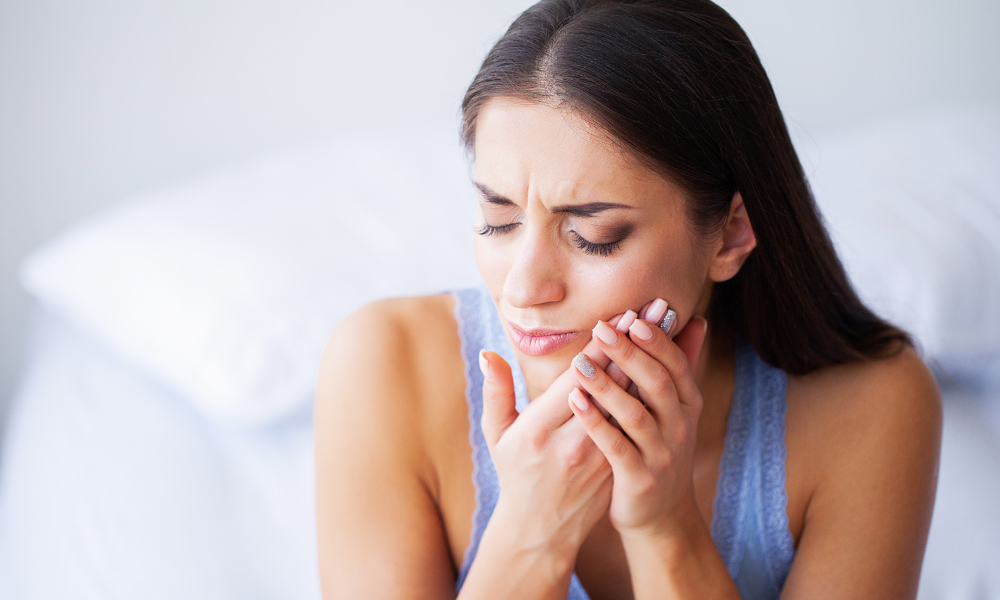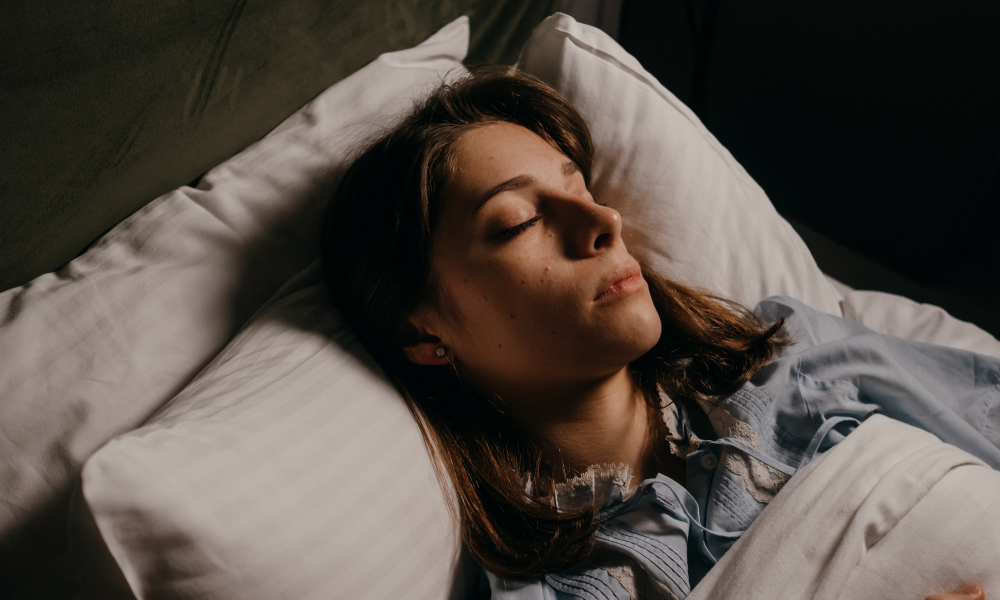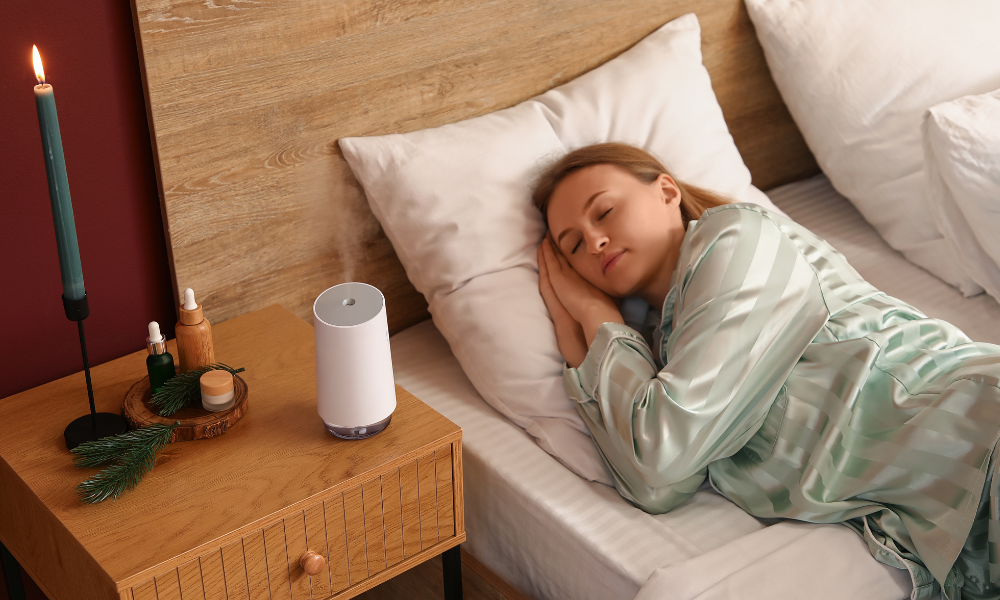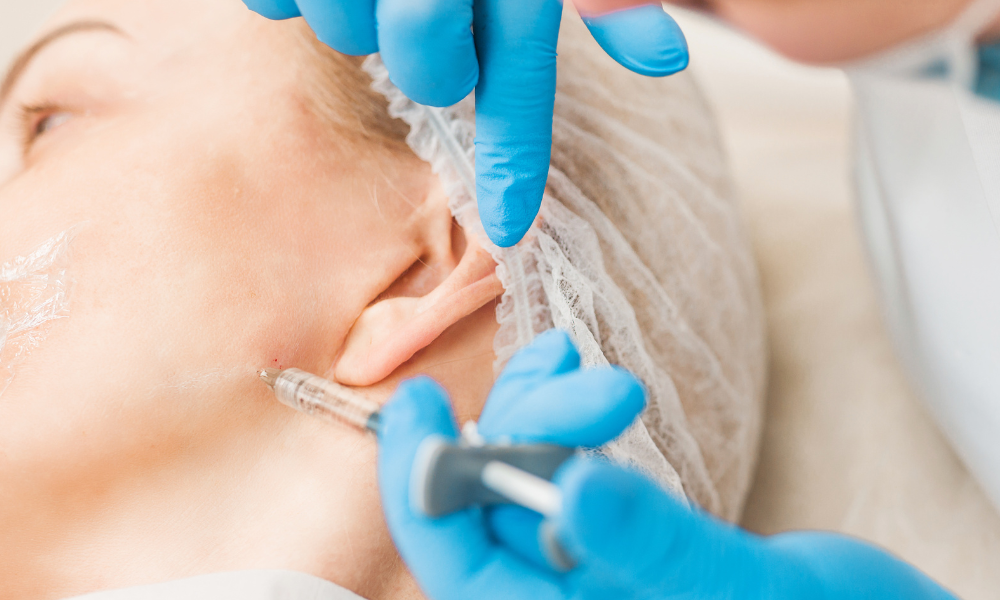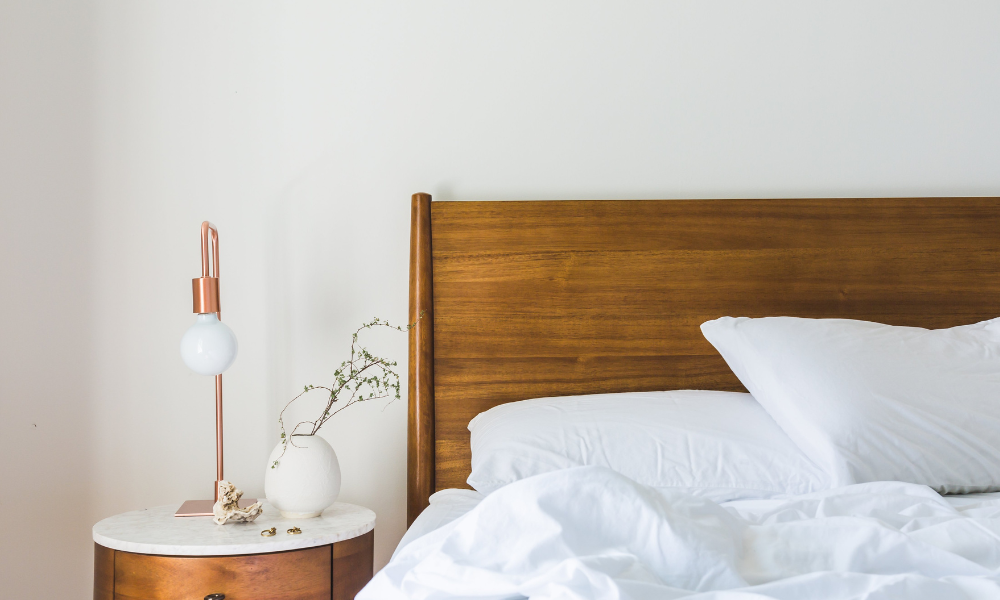
Sleep apnea and temporomandibular joint (TMJ) disorders can severely impact your quality of life, leading to sleep disturbances, jaw pain, and other debilitating symptoms. While seeking professional care is essential for successful treatment, implementing specific lifestyle changes can provide significant relief and improve overall well-being.
In this article, we will delve into the top five lifestyle modifications that can help reduce sleep apnea and TMJ symptoms. By identifying and addressing the everyday habits that may exacerbate your condition, you can take control of your health and experience lasting improvements. Embark on a journey of positive change as you adopt practical measures supported by expert guidance from Dr. Jared Bloxham at Columbia Center for Sleep Apnea and TMJ. Say goodbye to sleepless nights and painful jaw movements, and welcome a healthier, more comfortable lifestyle.
1. Maintain a Healthy Weight and Diet
One of the most effective ways to reduce sleep apnea and TMJ symptoms is by maintaining a healthy weight. Excess body fat, particularly around the neck, can put pressure on the airway and contribute to sleep apnea. Reducing body weight may result in a significant decline in sleep apnea episodes and reduced TMJ pain.
To maintain a healthy weight, one should adopt a balanced diet that includes fruits, vegetables, whole grains, lean proteins, and healthy fats. Additionally, consider reducing your intake of processed foods, sugar, caffeine, and alcohol, as these substances can cause inflammation and muscle tension in TMJ sufferers. Staying adequately hydrated is also essential, as it helps to keep the TMJ lubricated and promotes overall health.
2. Adopt Proper Sleep Positions
Sleeping in the correct position can have a considerable impact on both sleep apnea and TMJ symptoms. For sleep apnea sufferers, sleeping on your back can cause the tongue and soft palate to collapse to the back of the throat, obstructing the airway and worsening symptoms. Instead, sleeping on your side may help open the airway and decrease sleep apnea episodes.
For people with TMJ disorders, certain sleep positions can put strain on the jaw joint and contribute to pain. Consider using a specialized pillow that promotes proper head, neck, and jaw alignment. Alternatively, you can experiment with various pillow arrangements to find the most comfortable position.
3. Practice Regular Exercise and Physical Activity
Engaging in regular physical activity can not only help manage body weight, but also reduce stress and tension in the jaw muscles. Exercise has been shown to improve sleep quality and increase slow-wave sleep, which is essential for the healing and repair of bodily tissues. However, it's crucial not to exercise too close to bedtime, as it may have a stimulating effect and make it difficult to fall asleep.
For TMJ sufferers, incorporating targeted jaw exercises can help strengthen and relax the jaw muscles, resulting in improved function and reduced discomfort. Consult with your healthcare provider for a specific set of exercises tailored to your condition.
4. Manage Stress and Practice Relaxation Techniques
Stress is a common trigger for both sleep apnea and TMJ disorders. When under stress, people tend to clench or grind their teeth (bruxism), which can worsen TMJ pain and promote muscle tension. Sleep apnea sufferers may also find it more challenging to fall asleep or maintain consistent sleep under stress.
To manage stress and reduce its negative impact on sleep apnea and TMJ symptoms, consider adopting relaxation techniques such as deep breathing exercises, guided imagery, progressive muscle relaxation, or meditation. These practices can help control muscle tension, alleviate anxiety, and promote better sleep.
5. Adopt a Consistent Sleep Schedule and Maintain Good Sleep Hygiene
Maintaining a consistent sleep schedule is essential for Sleep apnea and TMJ patients, as it can help regulate the body's internal clock and promote better sleep. Aim to go to bed and wake up at the same time every day, even on weekends, ensuring that you get enough sleep each night.
Additionally, practice good sleep hygiene by creating a comfortable, quiet, and dark sleep environment. Limit exposure to electronic devices before bedtime, as the blue light emitted by screens can interfere with the production of melatonin, a hormone that helps regulate the sleep-wake cycle. If necessary, consider using blackout curtains, earplugs, or white noise machines to improve your sleep environment.
Conclusion
Adopting healthy lifestyle changes is crucial for managing sleep apnea and TMJ disorders effectively. Implementing the top five lifestyle modifications outlined in this article can significantly help reduce symptoms and improve overall well-being. However, professional guidance and personalized treatment plans remain essential to ensure successful, long-term relief.
If you're suffering from sleep apnea or TMJ disorder, don't hesitate to reach out to the experts at Columbia Center for Sleep Apnea and TMJ. Dr. Bloxham will work closely with you to develop a comprehensive treatment and lifestyle program tailored to your specific needs. Take control of your health and experience the difference our evidence-based approach can make. Schedule an appointment with our
center for sleep apnea and TMJ in Richland today and embark on your journey toward a healthier, more comfortable life.


